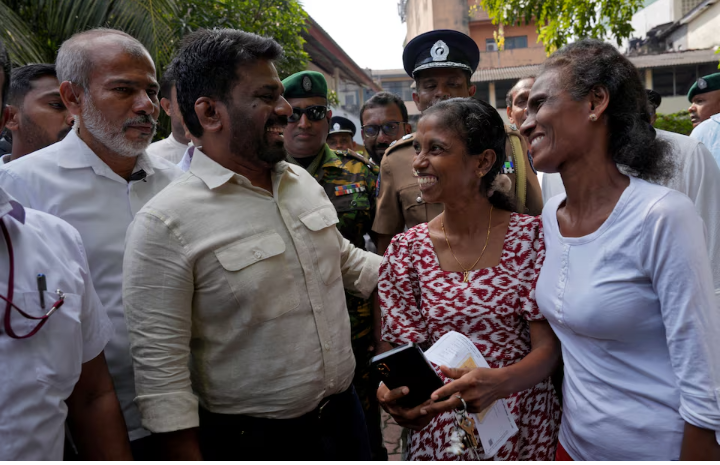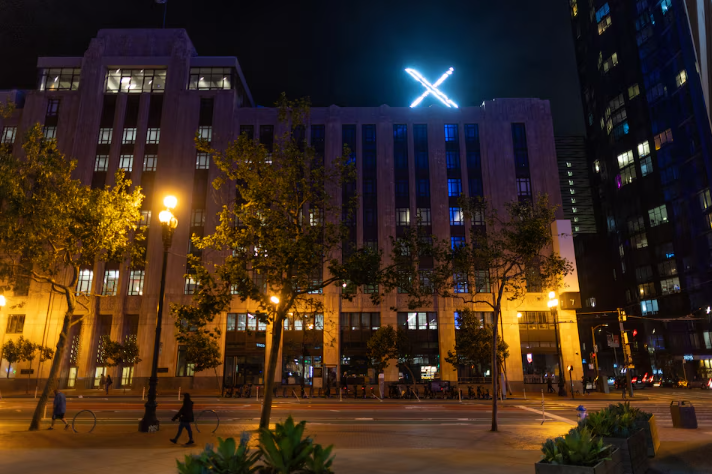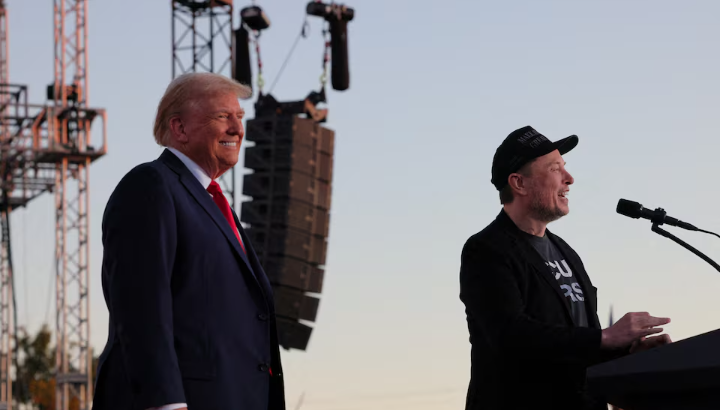Sri Lanka's President Anura Kumara Dissanayake and his leftist National People's Power (NPP) coalition won a decisive victory in a snap parliamentary election, securing 137 out of 196 directly elected seats. This two-thirds majority could expand to over 150 seats once proportional representation seats are assigned, potentially granting the president the power to pursue major reforms, including the possible abolition of the executive presidency.
The election result is expected to boost political stability in the South Asian nation, which is working to recover from a severe economic crisis that led to a sovereign default in 2022. Dissanayake has promised to amend the terms of the current $2.9 billion IMF bailout to allow greater investment in poverty relief and local business support. While his coalition’s success marks a shift in Sri Lanka’s political landscape, some investors are concerned that adjusting IMF targets could delay necessary economic reforms.





